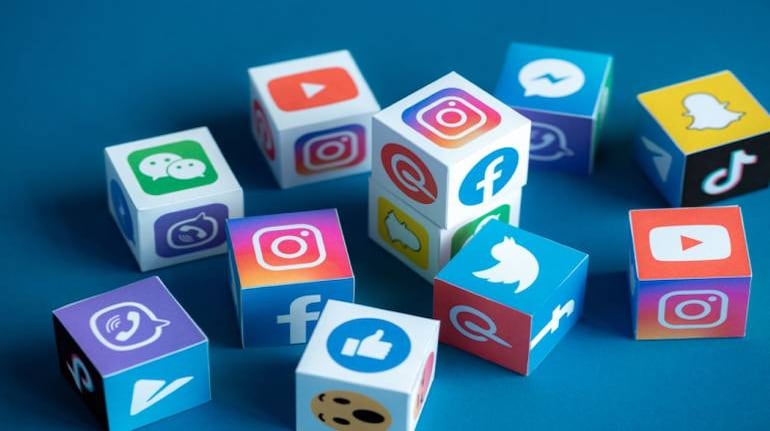



Note to readers: Hello world is a program developers run to check if a newly installed programming language is working alright. Startups and tech companies are continuously launching new software to run the real world. This column will attempt to be the "Hello World" for the real world.
When you post something on social media, and people react to it, you get a tiny dopamine hit. Dopamine is the same chemical that the brain releases when we eat sugar or do activities that are rewarding. Scientists have already proven that the tiny quantities of dopamine release eventually leads to social media addiction. In this column, we’ve previously talked about how you can cut out distractions from your life.
Two months ago, a group of researchers from the department of community medicine at the Maulana Azad Medical College in Delhi published a paper that has some telling results. The study, based on the response from 424 students to a questionnaire, found that in a week, typical students spent about 21.8 hours on social media.
That’s technically a whole day! Never has a generation spent more time on an activity that not only gives you very little for the time you spend on it but is also harmful. The study found that the more time you spend on social media, the more you’re addicted to it. It “revealed that a majority of participants were unable to reduce their time spent on social media despite wanting to do so signifying the presence of tolerance and impaired control.” Clearly, that’s what addiction sounds like.
And the worst? One in three medical undergraduates experienced poor sleep. Students with poor sleep reported excessive social media use compared to good sleepers. Older studies have proven that bad sleep also leads to poor academic performance.
The study was conducted between September and November 2019. That is, before Covid. I wonder what it would be like now, since students are mostly cooped up at home with nothing better to do? There is some early evidence in this direction. A report by Hammerkopf Consumer Survey said that in the first week of lockdown (March 2020), Indians spent more than four hours every day on social media. That is, nearly double the amount of time we spent on social media a week before the lockdown.
What is the solution?
As an antidote to social media addiction, we’re often prescribed to go out, meet friends, cook, draw...anything but use the phone or social media. Now that most of the outdoor options are out of the picture, we’re left with fewer choices. Even if you do pick cooking, or say drawing, you’re still sucked into social media. It starts with how to make the world’s most delicious chicken curry on Youtube and eventually lands on Salt Bae’s instagram page where you endlessly scroll through. From then on, it could go anywhere. A downward spiral if there was one.
Many of our parents blamed the television. And we said something like ‘Ok Boomer’ and went about our lives. If it got out of hand, they’d switch off the telly and ask us to go play outside. But if we think about all the insidious ways in which social media makes us spend more time on it, television starts to look good.
What then is a solution? Cigarette packets have gory pictures to warn users that tobacco users are at risk of cancer. I’m not proposing that we translate that to social media but perhaps there’s merit in considering changes to the user experience that helps users fight addiction better. The companies have very little incentive to do this. Maybe society can step in.
Discover the latest Business News, Sensex, and Nifty updates. Obtain Personal Finance insights, tax queries, and expert opinions on Moneycontrol or download the Moneycontrol App to stay updated!
Find the best of Al News in one place, specially curated for you every weekend.
Stay on top of the latest tech trends and biggest startup news.